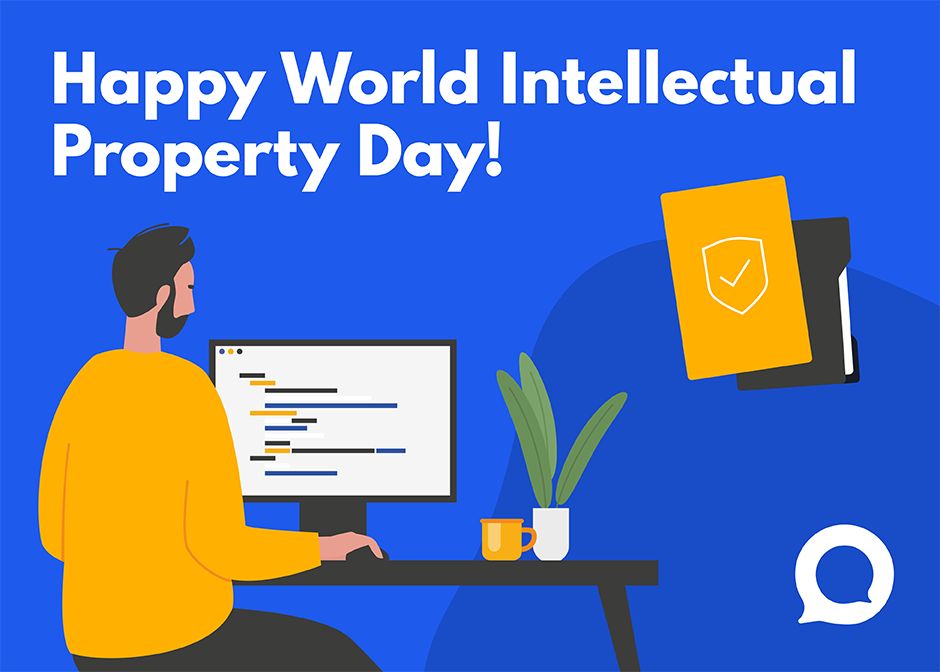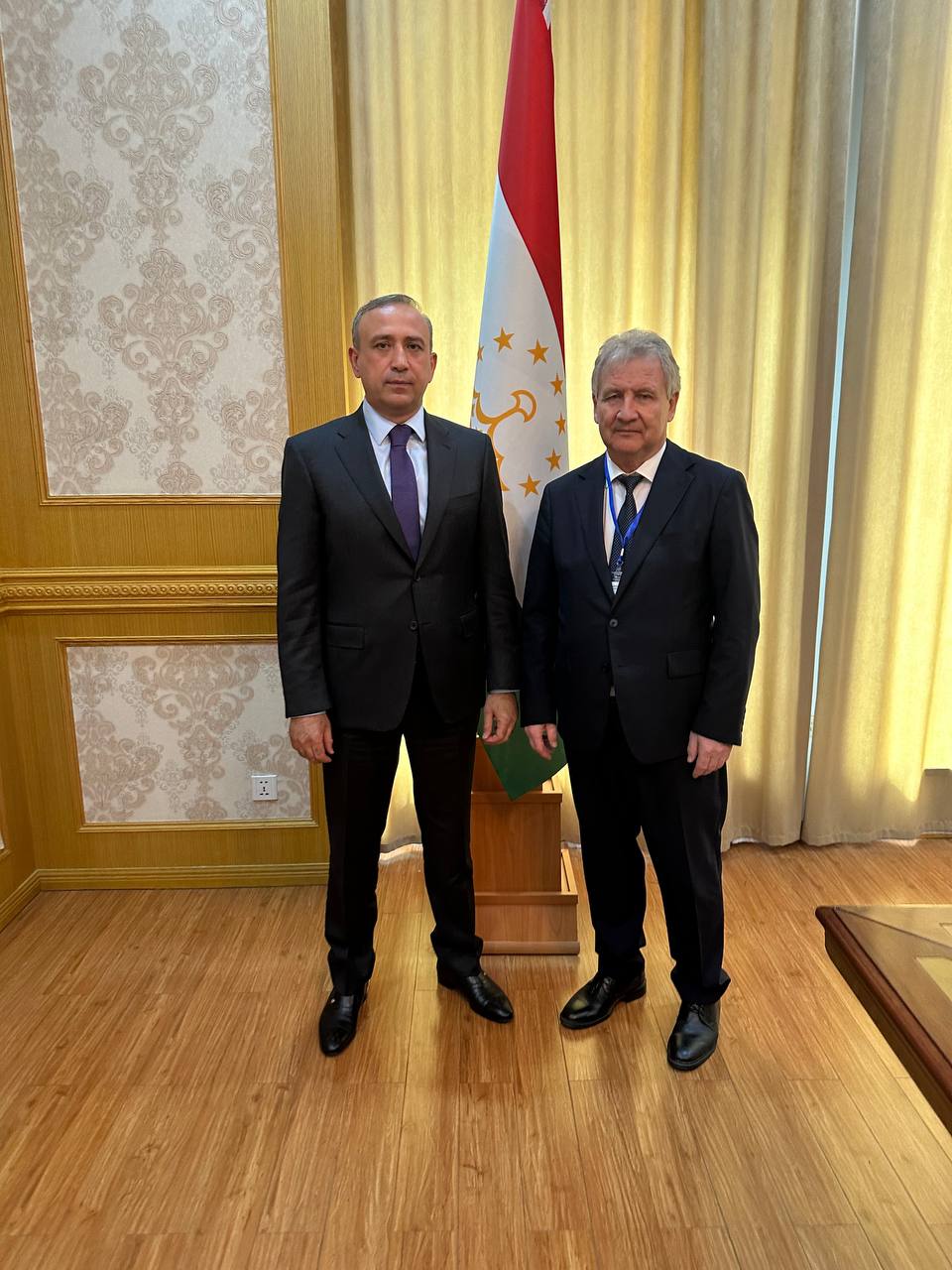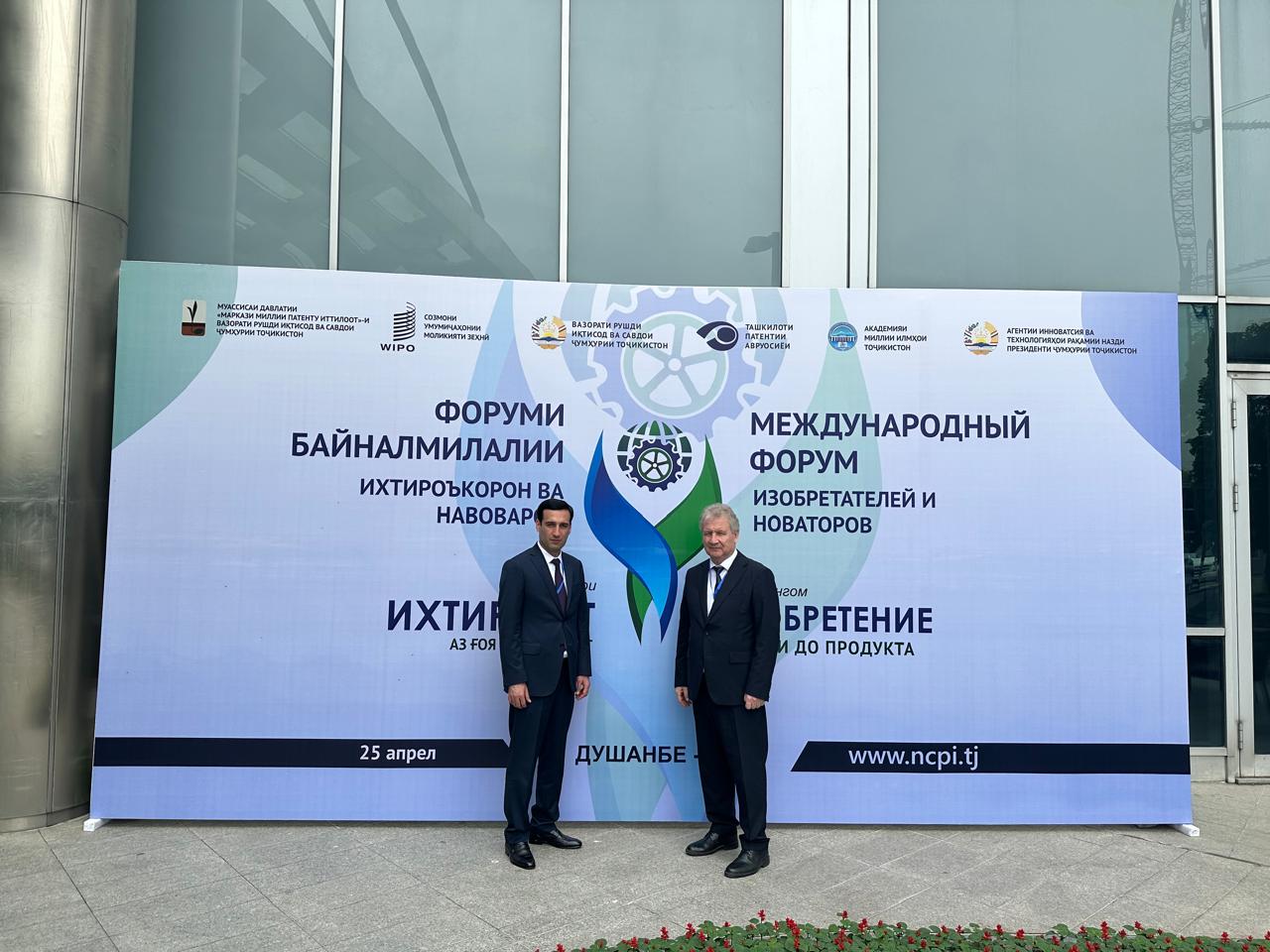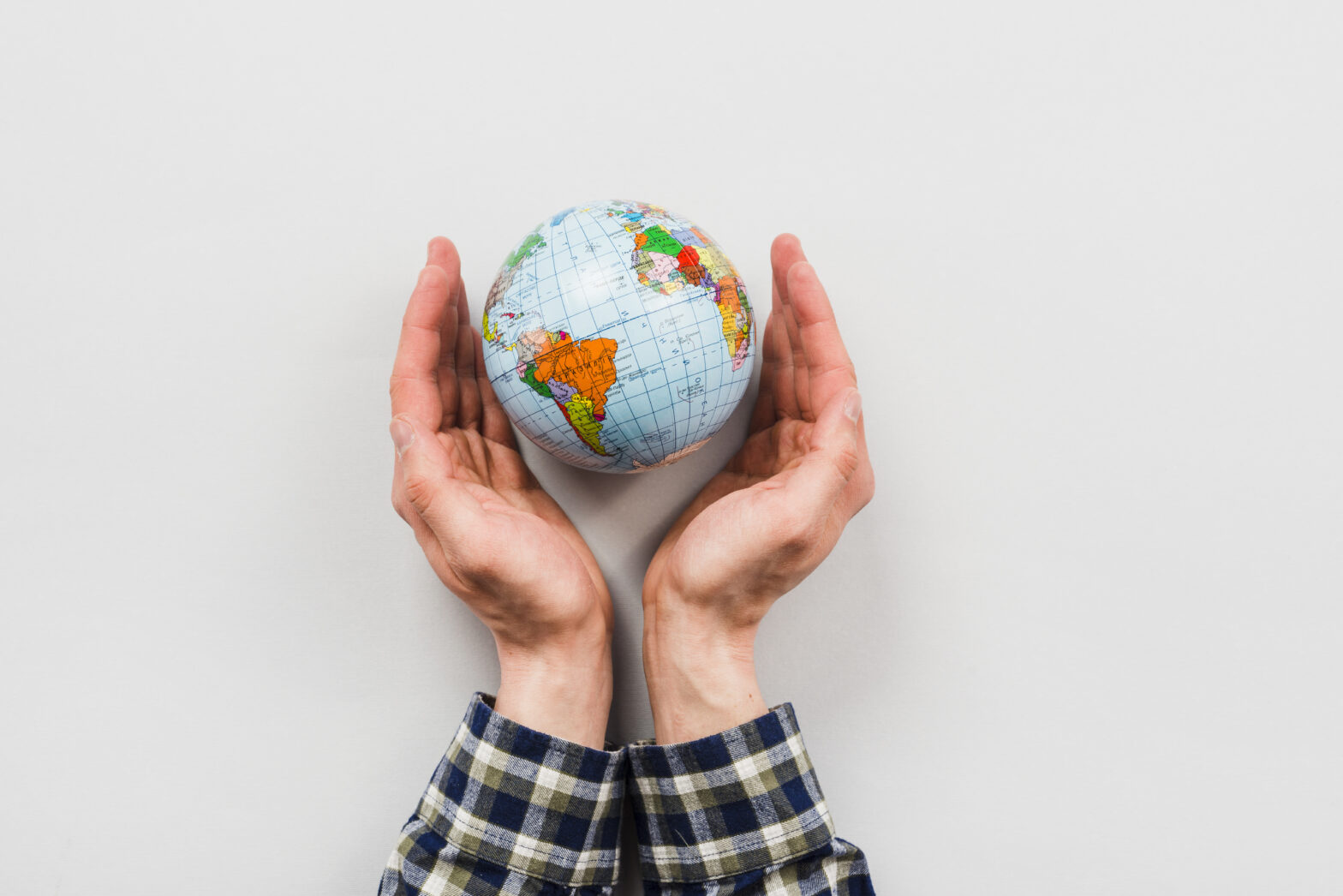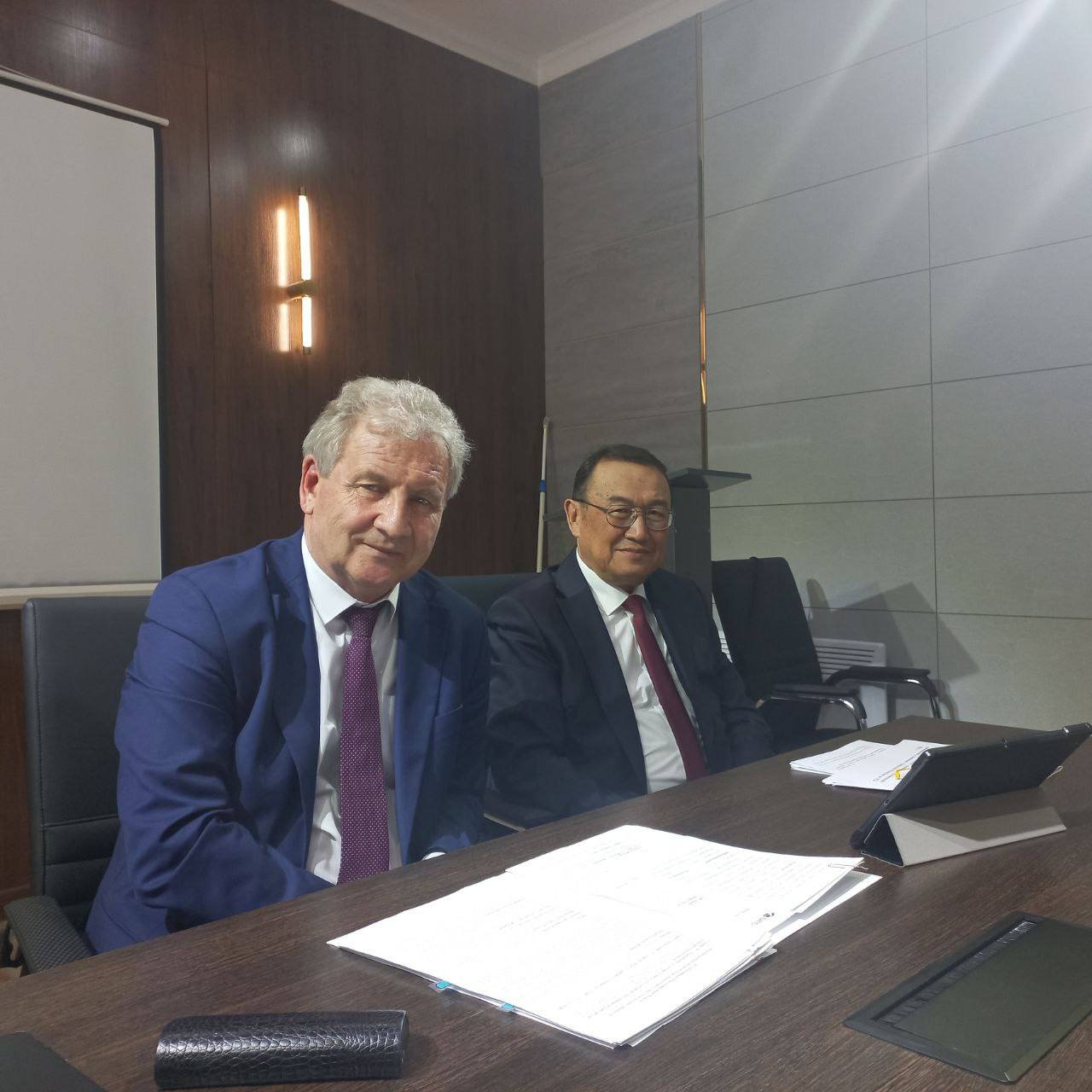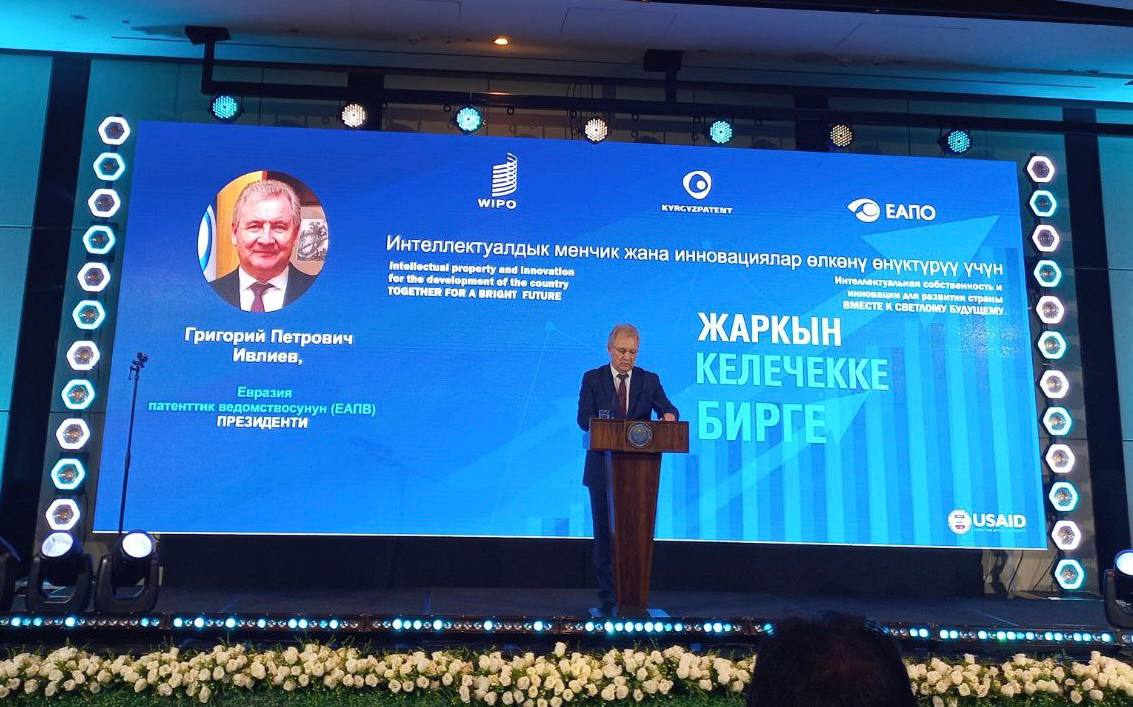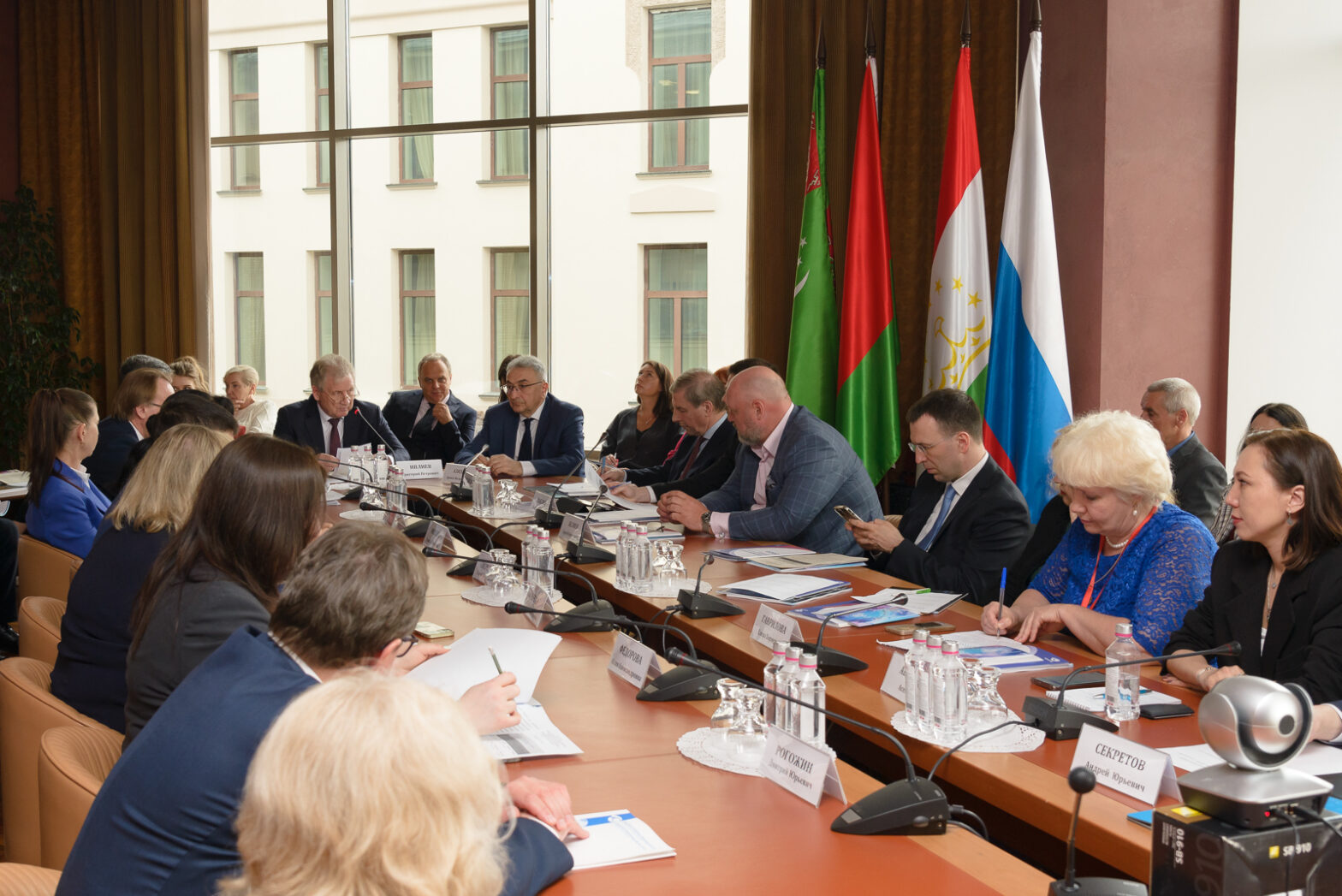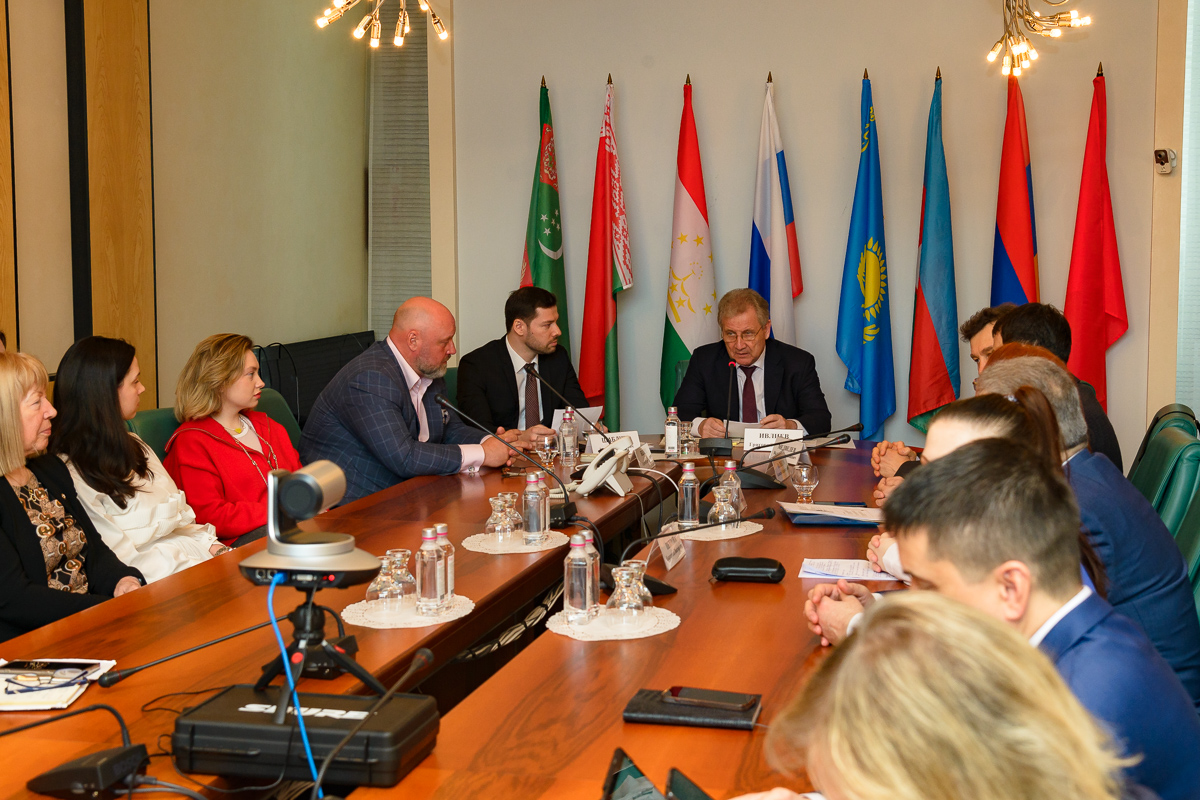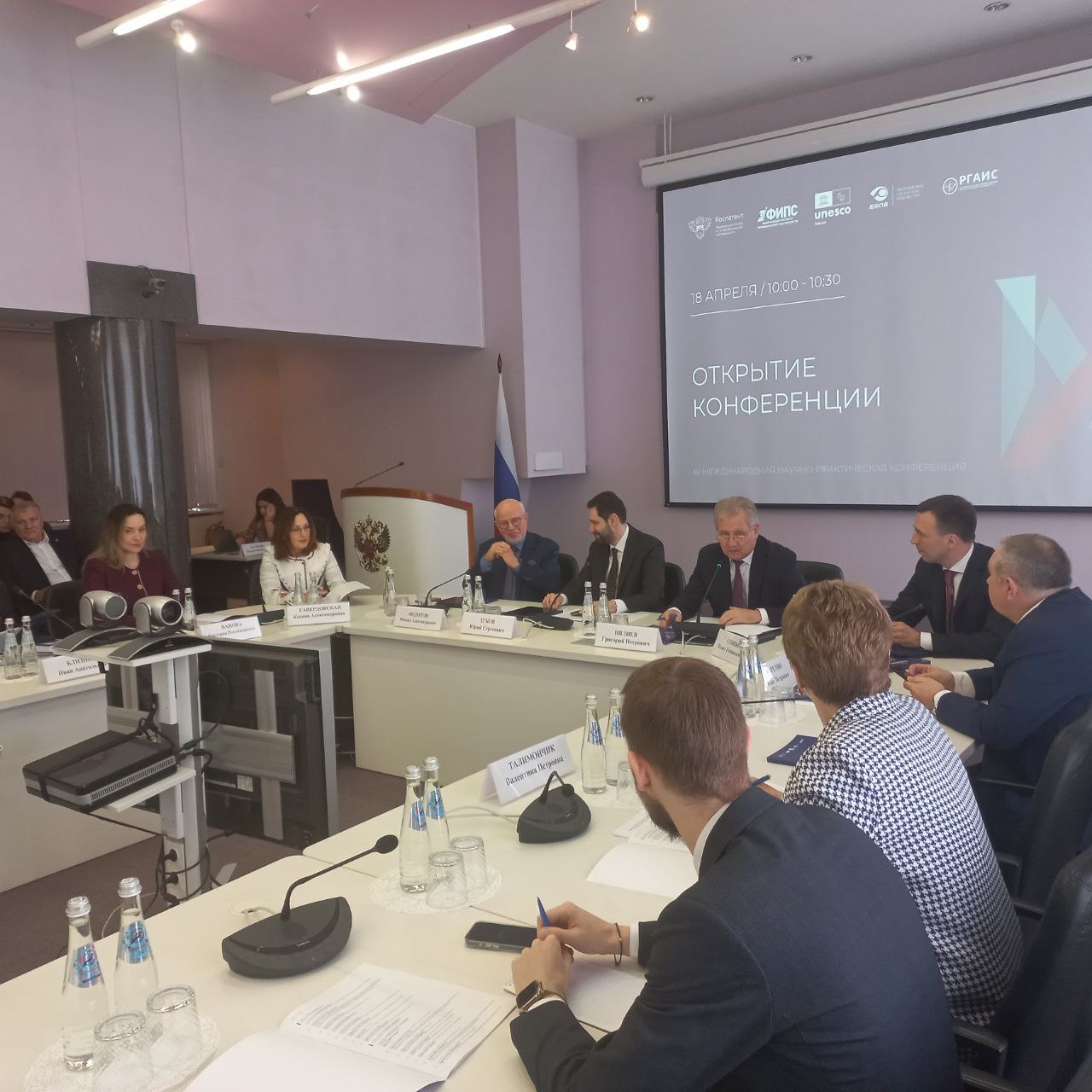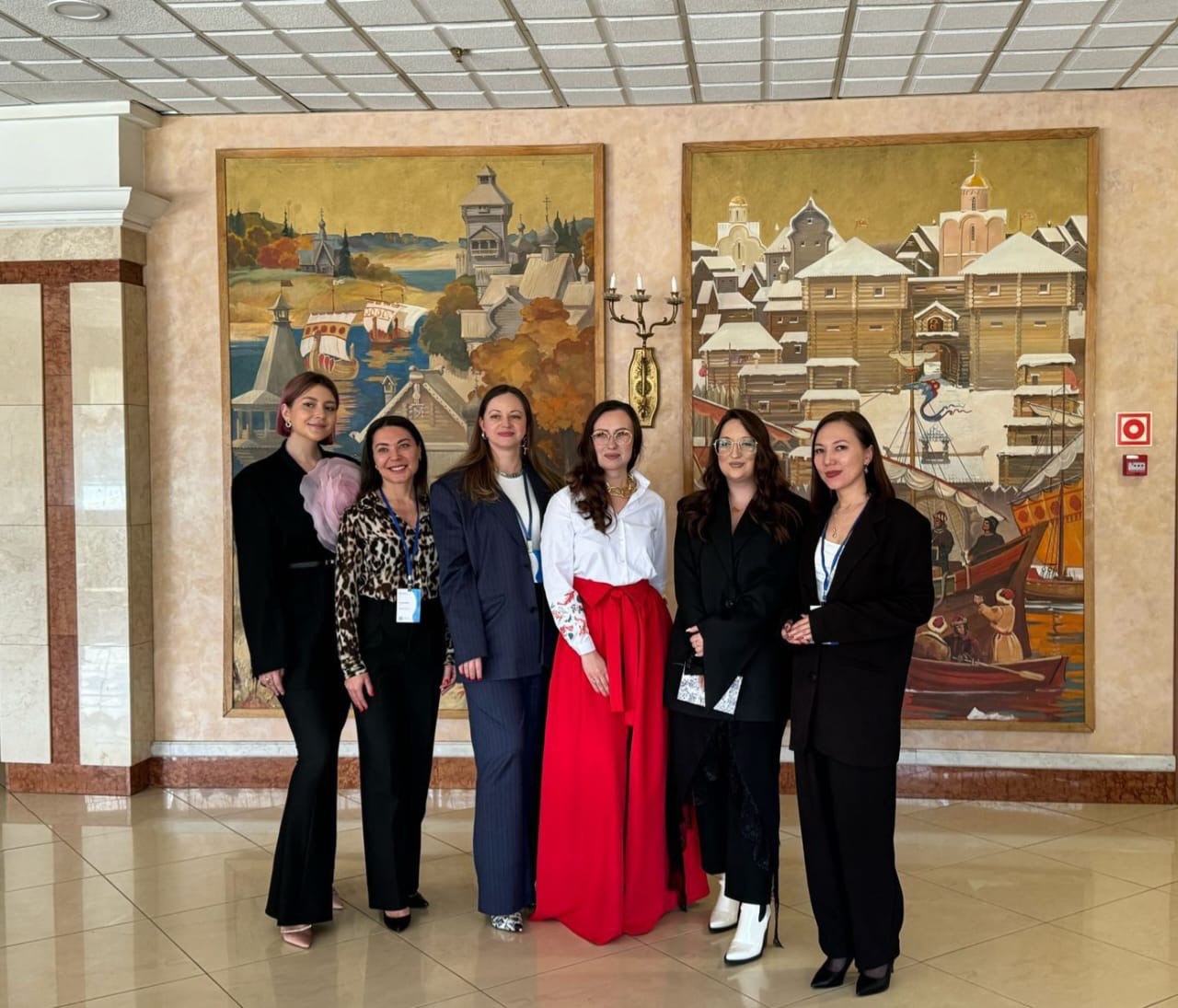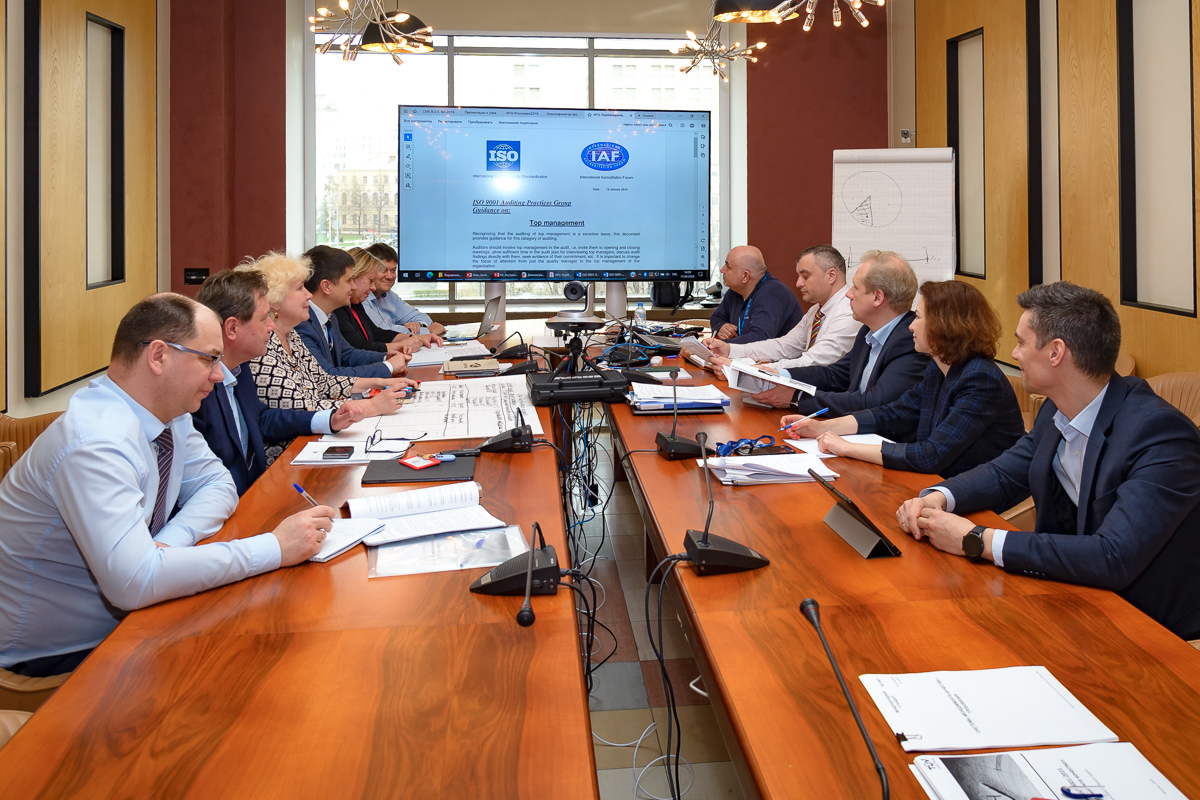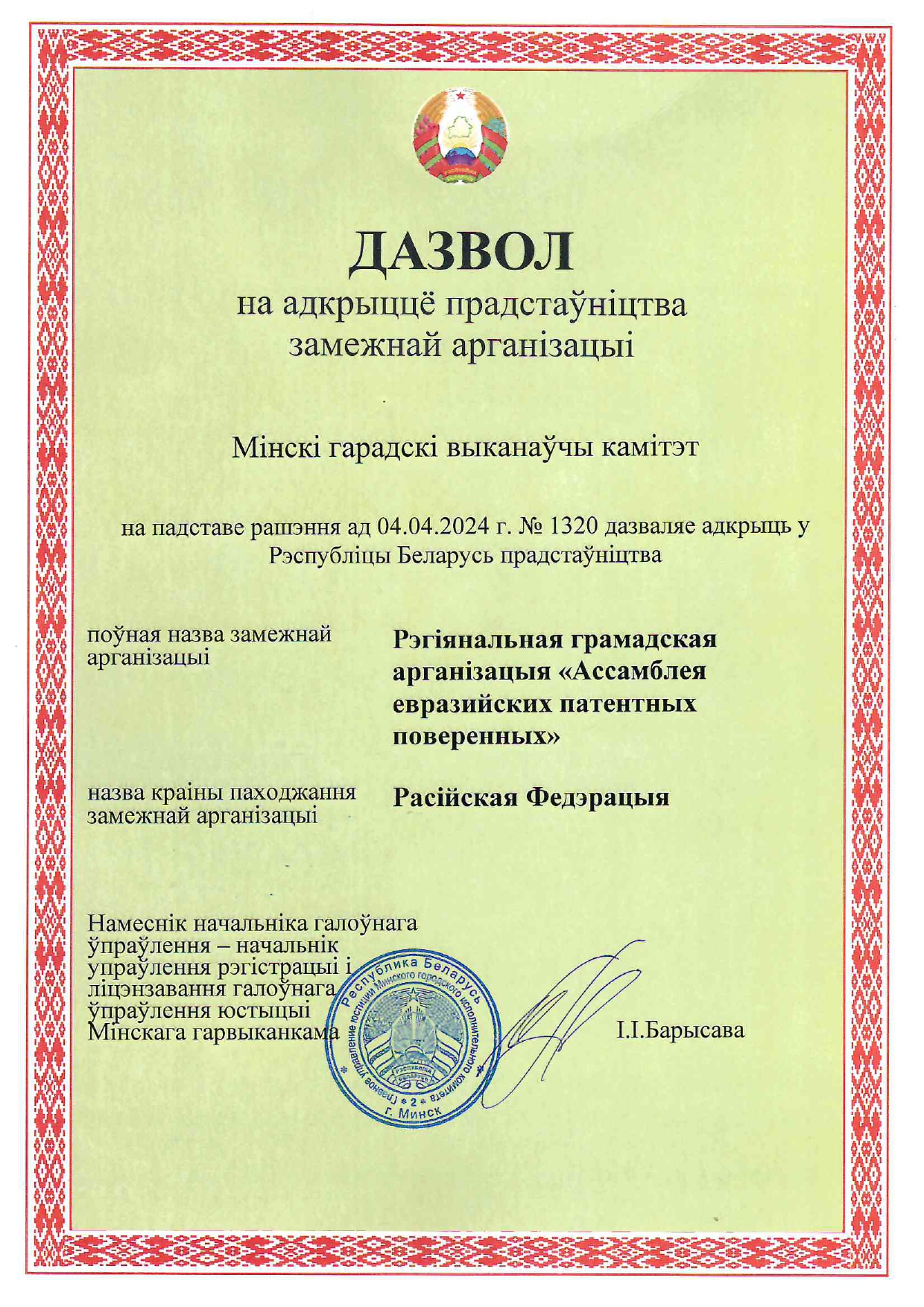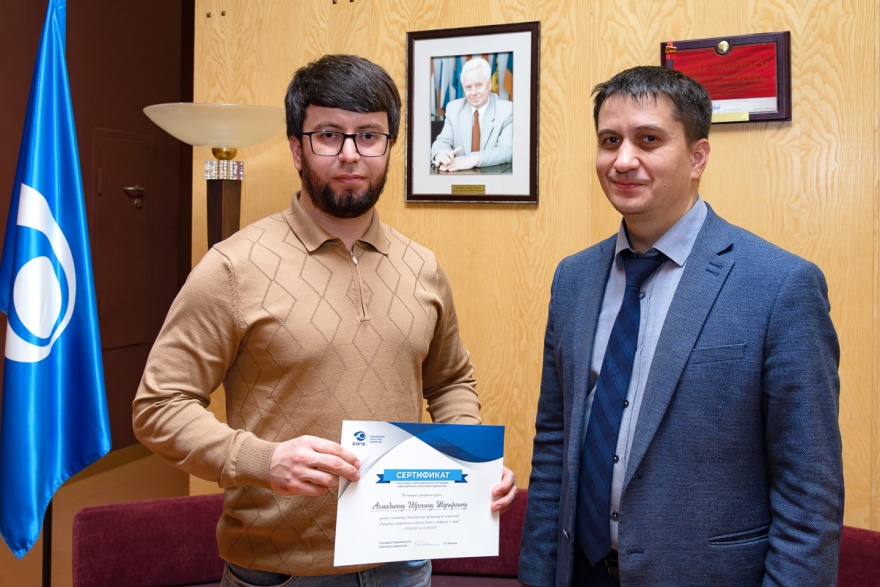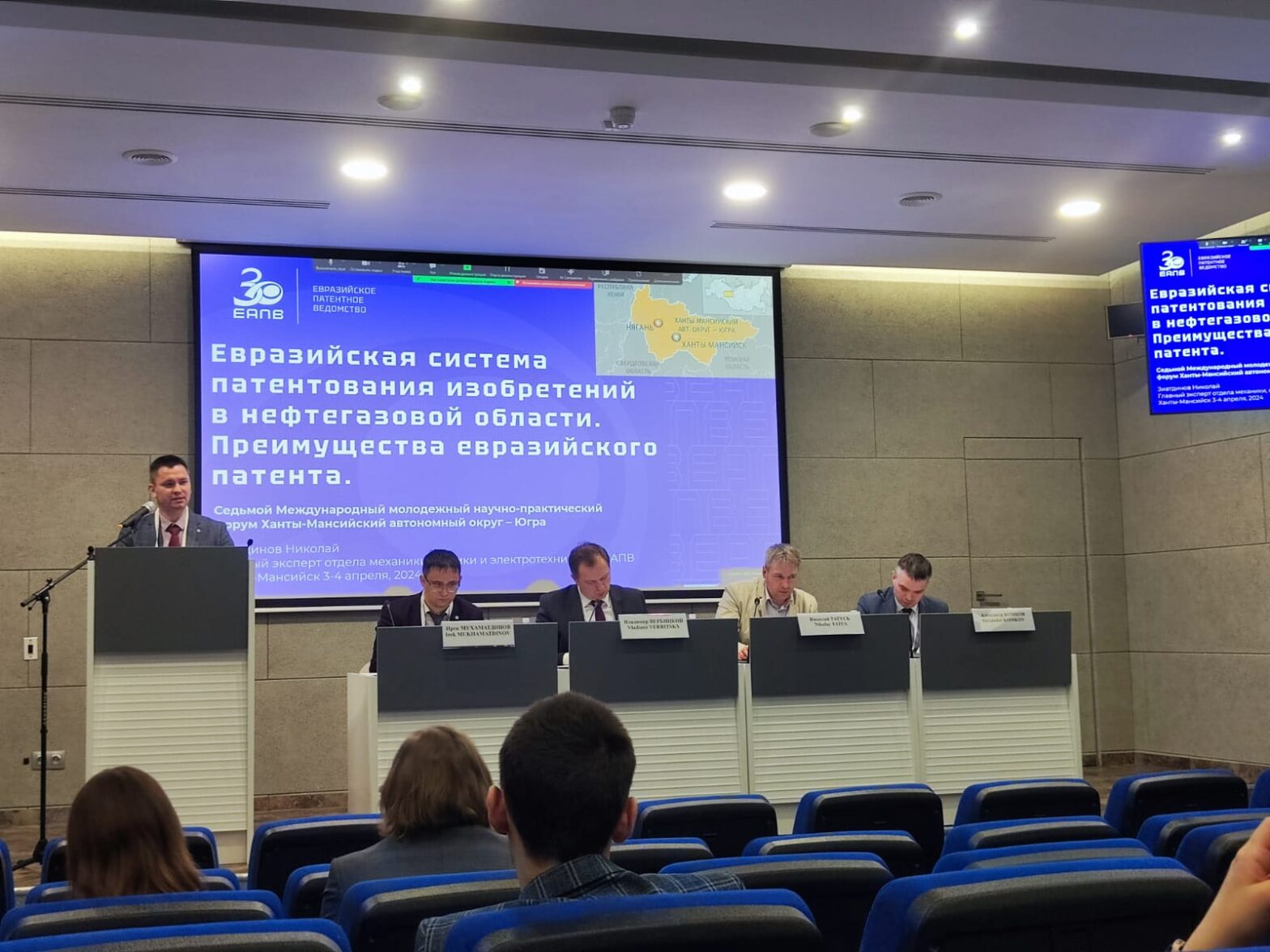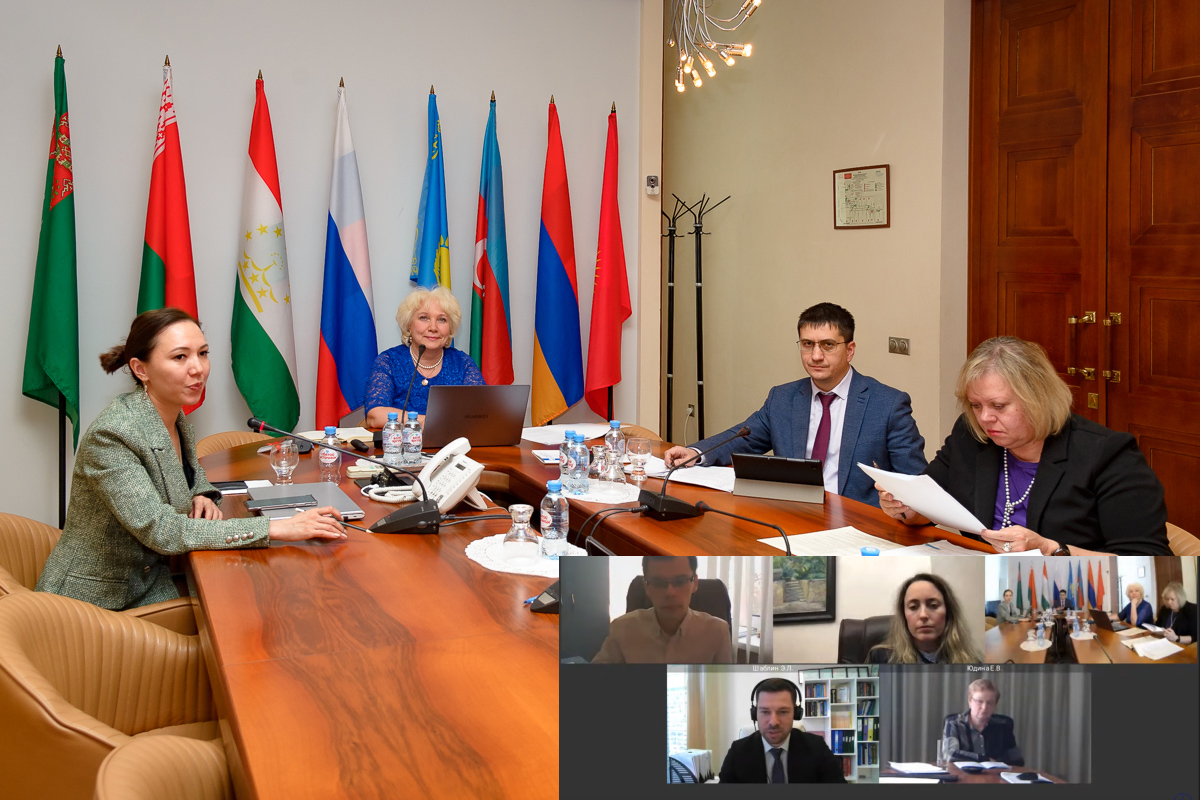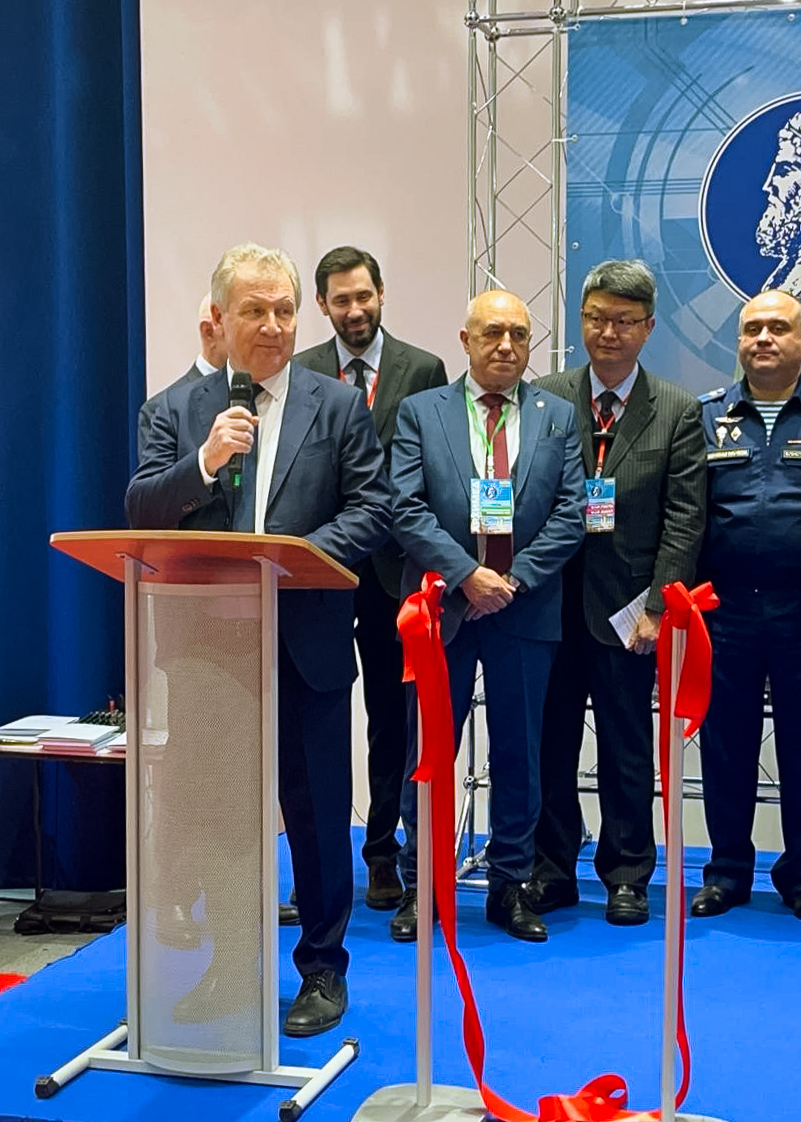Homepage / Press-center / News /
President of the Eurasian Patent Office Grigory Ivliev delivered a lecture to the students of the Third School of Foreign Law, traditionally held at the Kutafin Moscow State Law University.
About 200 students from Russia, China, India, Brazil, Italy, Israel, Belarus, Tajikistan and Kazakhstan attended the School’s lectures. Students from China University of Political Science and Law, Beijing Agricultural University, Manipal University in Jaipur (India), Central University of South Bihar (India), Galgotias University (India), Euphrosinia Polotskaya State University (Belarus), Federal University of Rio de Janeiro (Brazil) and others were among the foreign attendees.
The EAPO President’s lecture was focused on the issues of Eurasian integration in the field of intellectual property. Grigory Ivliev noted the permanence of the fundamental principles of IP regulation within 130 years since the signing of the Paris Convention for the Protection of Industrial Property in 1883.
The EAPO President emphasized that even the COVID-19 pandemic did not have a negative impact on the growth of applicant activity. This proved the need for sustained functioning of all IP institutions. Recent calls for the initiation of unilateral illegitimate measures in the field of IP are destructive, threatening the established IP system and provoking legal uncertainty for the legitimate rights and interests of right holders and applicants worldwide.
Grigory Ivliev considered the Eurasian integration as a natural process. The countries of the Eurasian space are united by a common history, industrial cooperation projects, scientific and technological cooperation, and multiple economic relations. Thus, the protection of IP rights is one of the keystones of innovation policy in the Eurasian region, the bridge between the creation of intellectual activity results and their use.
The EAPO President also noted the key trends for the development of the Eurasian system. They include the creation of a Eurasian trademark and utility model registration system, the creation of a unified Eurasian judicial jurisdiction to effectively resolve IP disputes, as well as building of common Eurasian expert and information space.
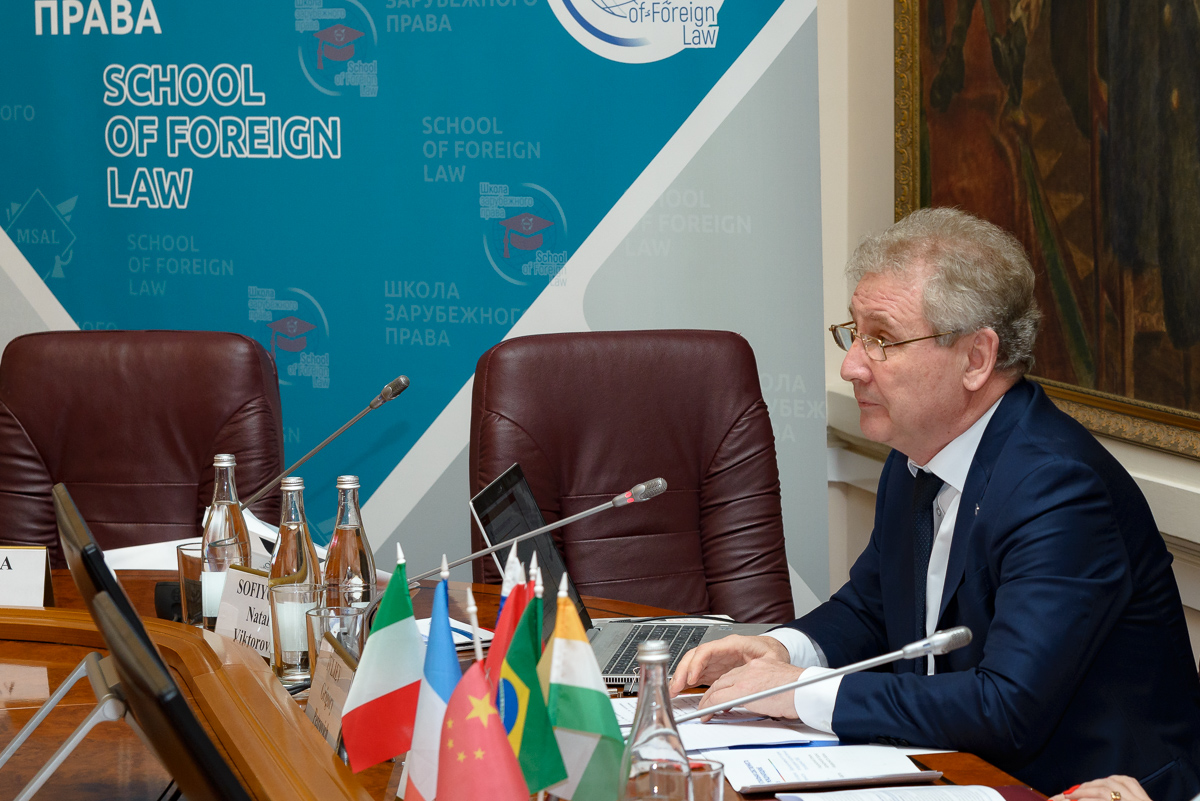
The Third Winter School of Foreign Law “Law, Economics and Politics in the Digital Environment” is organized by the Kutafin Moscow State University (Russia) and the International Alliance of Lawyers and Economists (France). 17 speakers from leading universities in Europe, Asia, and South America gave lectures in the course of the School program.

